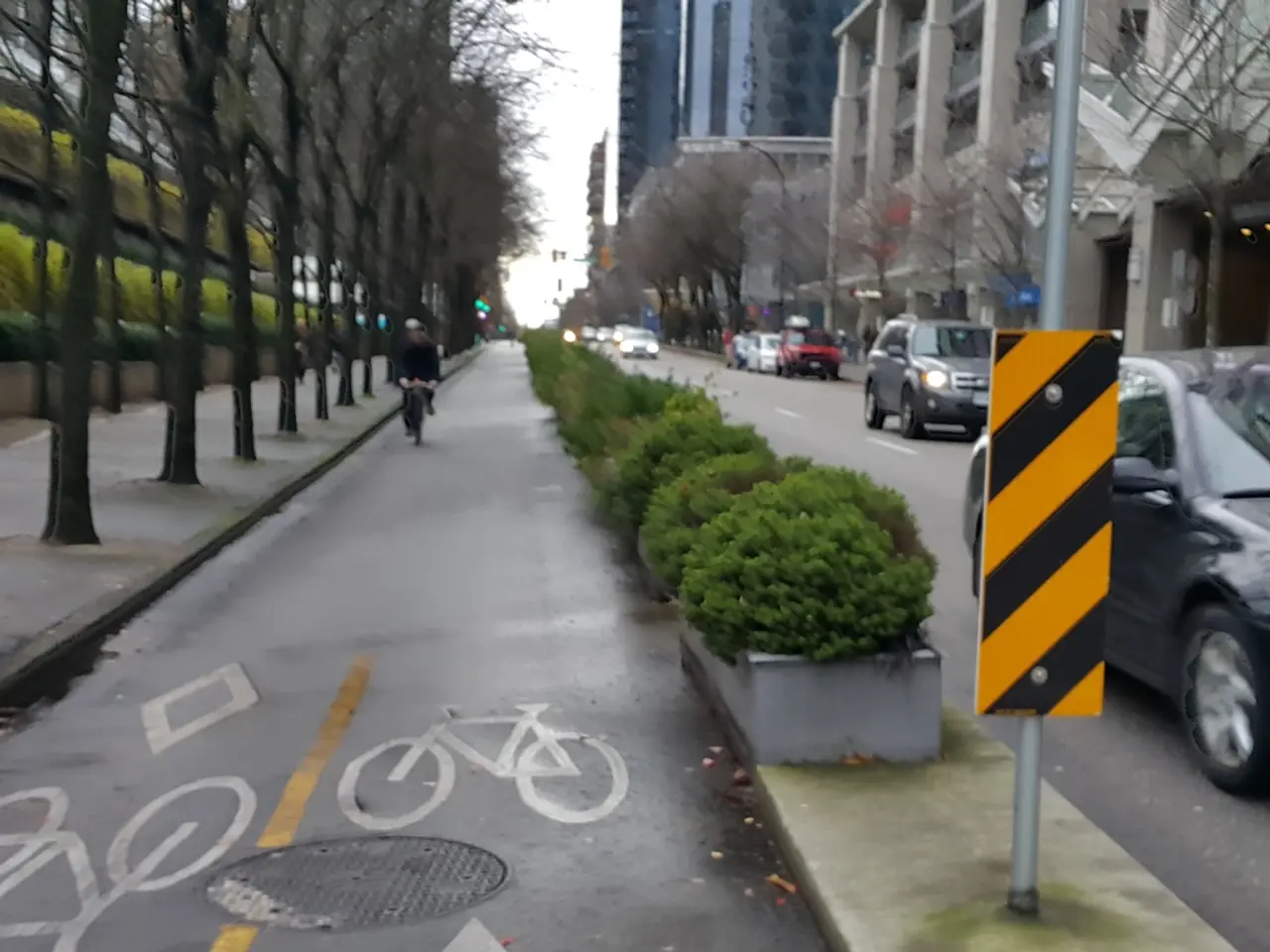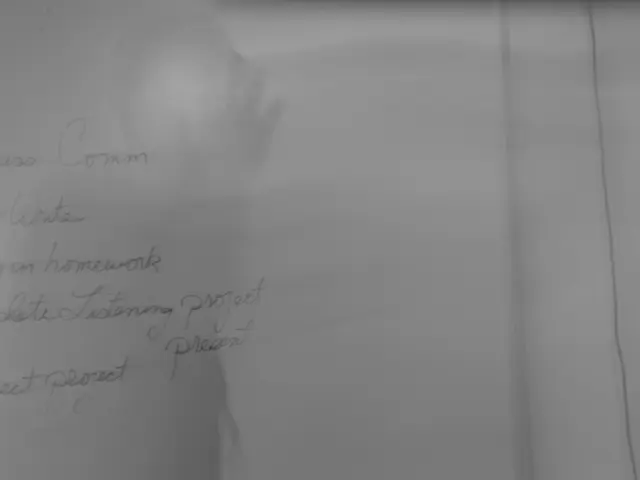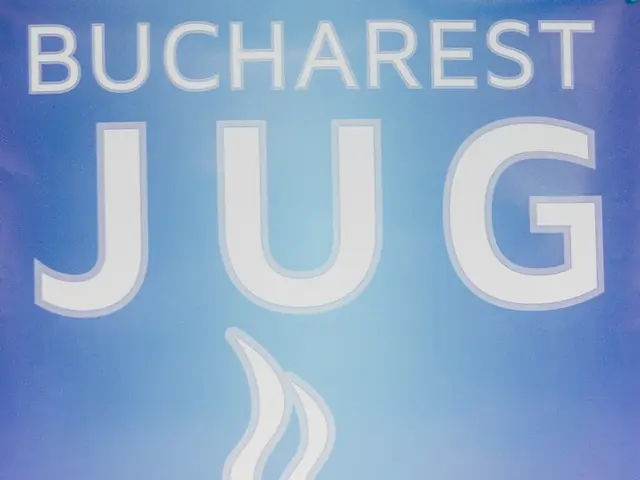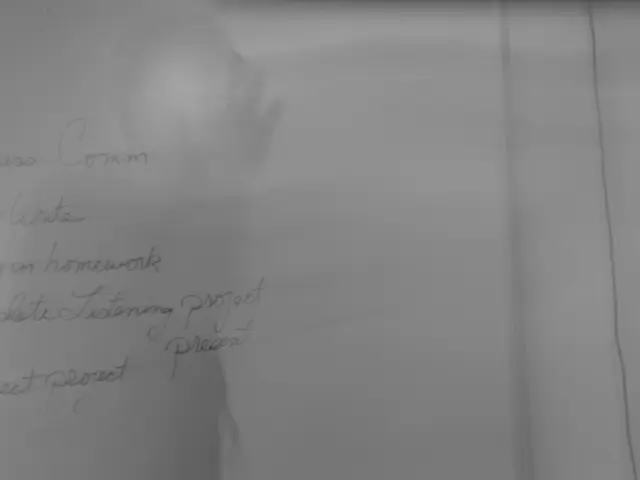Cycling Through Disputed History: German-Lithuanian Bicycle Journey Unveils History as a Vivid Terrain
In a unique educational initiative, a cycling tour is traversing the historic Memel region, a territory that serves as a major geopolitical fault line between Lithuania and the Russian exclave of Kaliningrad. The project, titled "Borders and Encounters," is the final part of a "Trilogy of the Memelland" and aims to make history tangible and interactive, moving beyond traditional classroom learning.
The tour, designed by historians and avid cyclists Markus Nowak and Vincent Regente, covers nearly 500 kilometers and lasts for multiple days. It takes participants through a region with a history of contested belonging, as evidenced by the dual names of the city Klaipėda/Memel, which was founded by the Teutonic Knights in 1252 and was a German city for seven centuries.
The tour leads participants to sites of memory, including the new Synagogue Square Memorial in Jurbarkas, a city that once had a Jewish community of over 2,000 before the war. Tragically, this entire community was annihilated in 1941 by a Nazi Einsatzkommando and local Lithuanian collaborators.
The educational project is supported by organizations that facilitate encounters between young Germans and Lithuanians through the historic Memel region. The Deutsches Kulturforum östliches Europa and Deutsche Gesellschaft e.V. provide institutional support, with the latter being founded after the fall of the Berlin Wall and committed to breaking down prejudices and promoting European integration through study trips and intercultural dialogue.
The Deutsches Kulturforum östliches Europa promotes a "critical and future-oriented examination" of the history of regions in Eastern Europe where Germans once lived, and aims to foster a "connecting heritage" through dialogue. This aligns with the project's goal of teaching participants about the complex history of the Memelland, including its annexation by Lithuania in 1923 during the Klaipėda Revolt, and its subsequent conquest by Nazi Germany in 1939, following Adolf Hitler's ultimatum.
The cycling tour is not just a physical challenge, but also a transformative experience. Dr. Miglė Kalinauskaitė, a Lithuanian doctor-in-training, expressed that the tour showed how empathetic and interested many young people today are in European history. Peter Schmidt, a German teacher, stated that the tour taught him and his generation of students more about Europe than many a textbook.
The tour also serves as a "soft power" counterpart to Germany's permanent stationing of a 5,000-strong armored brigade in Lithuania, bolstering NATO's eastern flank. However, its primary focus remains on fostering understanding and empathy among its participants, as they ride through a region with a history that continues to shape the present.
Šilutė (Heydekrug) is another stop on the tour, a city that was the site of forced labor camps for Jews and a POW camp, Stalag Luft 6, during the war. The tour concludes in Šilutė, providing participants with a poignant reminder of the region's troubled past and the importance of understanding it.
In conclusion, the "Borders and Encounters" cycling tour offers a unique and engaging way to explore the history of the Memel region, fostering empathy, understanding, and a deeper appreciation for the complexities of European history.
Read also:
- Peptide YY (PYY): Exploring its Role in Appetite Suppression, Intestinal Health, and Cognitive Links
- Toddler Health: Rotavirus Signs, Origins, and Potential Complications
- Digestive issues and heart discomfort: Root causes and associated health conditions
- House Infernos: Deadly Hazards Surpassing the Flames







